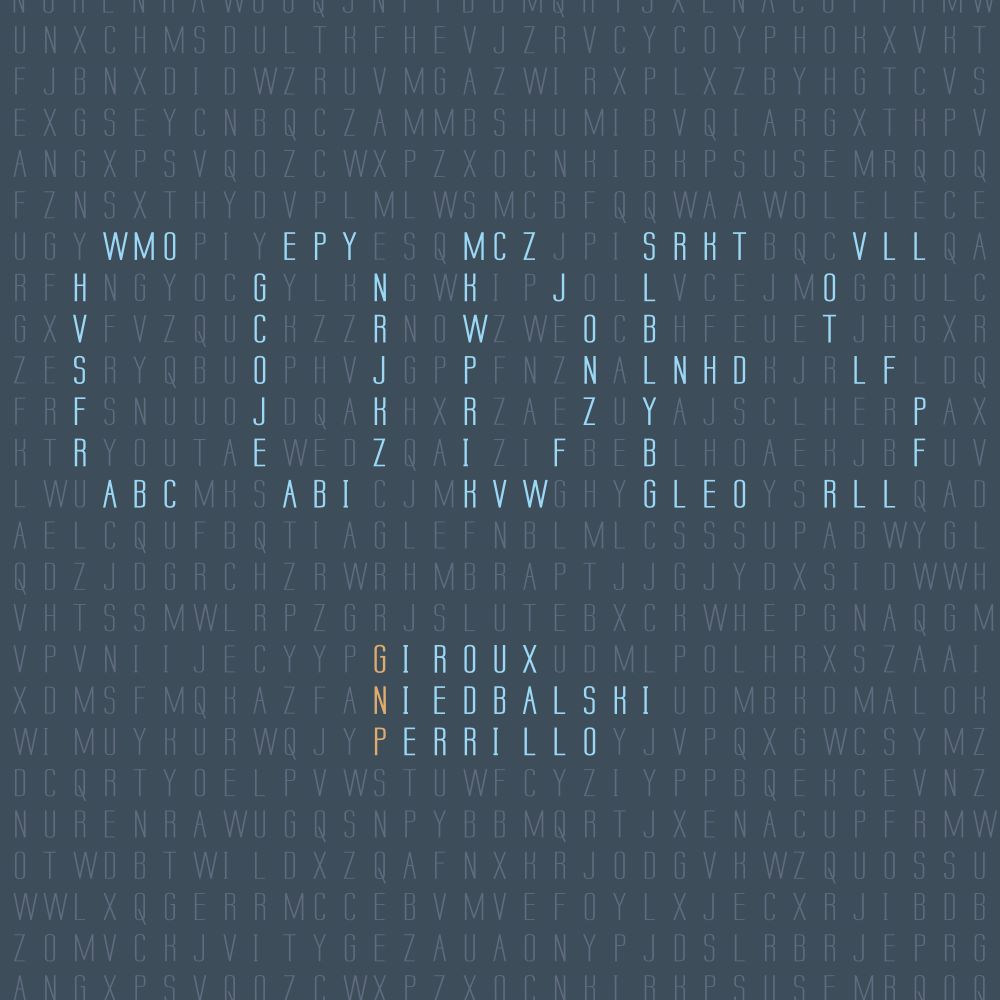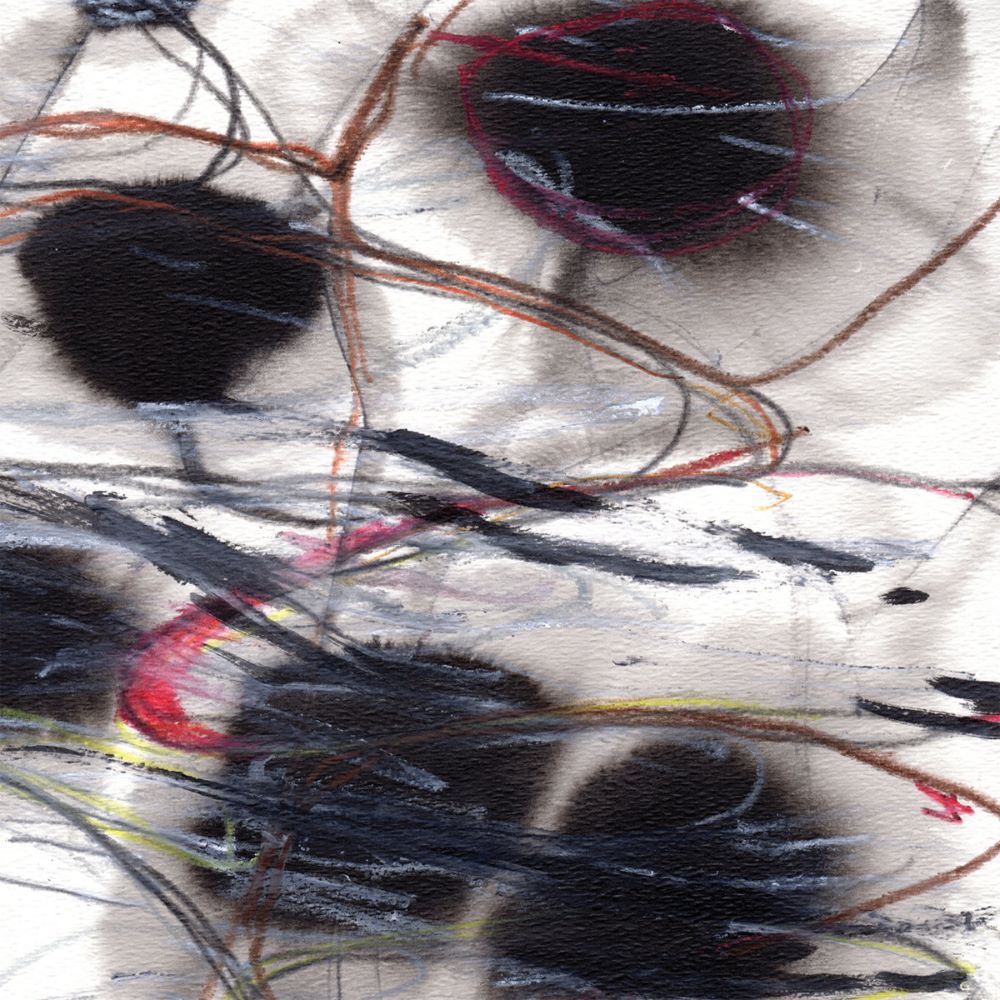GNP is a jazz trio featuring Tyler Giroux on piano, Matt Niedbalski on drums, and Dylan Perrillo on bass. Tyler, Matt, and Dylan have been playing together for several years. They first began playing together at the Speakeasy 518 in Albany, New York, a cocktail bar known for its prohibition era ambiance and live jazz. Through countless gigs the trio grew together as a unit, playing as a stand-alone group as well as backing up instrumental soloists and vocalists.
In 2020, a shared passion for original music led to the decision to record their debut album as a group, “Codes.” “Codes” is a reference to the band’s musical communication, the unique vocabulary and cues the group developed over years of playing and growing together. The album consists of 9 original pieces composed by Tyler, Matt, and Dylan, as well as one standard, Gershwin’s “But Not For Me.”
About the compositions:
“Rise and Grind” is a contrafact on Gershwin’s “I Got Rhythm.” The title, coined by local jazz radio host Bill McCann, is a reference to the piece’s high energy and upbeat mood. The song features solos from Tyler and Dylan, as well as trading between Matt and Tyler.
“Takeoff” is an up-tempo selection. The straight eighth latin groove creates the excitement of an airplane taking off down the runway. Solos from bass and piano.
In literature and storytelling, prolepsis is an anticipating action, or a flash forward to future events. “Prolepsis,” a medium jazz waltz, (obviously I need to add more to this)
“Things To Come,” like “Prolepsis,” is a nod to what may happen in the future. The composition is played in a slower 5/4 time, almost waltz-like. The opening ostinato evokes a darker, more ominous mood. This recurring pattern is contrasted with different melodic sections. Solos from bass and piano.
The album is rounded out with George and Ira Gershwin’s “But Not For Me.” It is one of the bands favorite standards, and a regular on their setlist for many years. The arrangement is off the cuff, but through closer listening, one can hear some of the communication and cues, or “Codes,” that form the band’s sound and vocabulary.
Dream Visions is a composition which takes inspiration from a Joe Henderson piece “Black Narcissus” combined with a more contemporary straight 8th feel. The 8th note descending line during the bridge helps to release the tension established in the beginning of the piece.
JC is a dedication to a dear friend, Joel Cotton. Joel describes his own writing as “little ditties” and always stresses upon simple melodies as a vehicle for soloing, so this tune is a nod to him.
Up Here builds its main motif around a unison bass and left hand piano line. A repetitive melody figure is used to break up the bass line in the A sections and the bridge is a release of that melodic idea.
Matt writes, “Scrubs was written as a dedication to healthcare workers that had to work through the pandemic. I live outside of a hospital and was sitting in my studio working on some compositions. I had hit a wall with writing and was trying to break a few habits that I normally find myself in, so I decided to just drop my hands down on the piano randomly and notate the chords. A rubato free flowing melody seemed natural and after bringing in the sketch to our first rehearsal it was finalized.
1 Rise and Grind 5:10 (by Giroux)
2 Dream Visions 5:10 (by Niedbalski)
3 Takeoff 5:07 (by Giroux)
4 Obediah? My kin? 6:50 (by Perrillo)
5 Prolepsis 5:28 (by Giroux)
6 JC 6:24 (by Niedbalski)
7 Things To Come 7:37 (by Giroux)
8 Up Here 4:42 (by Niedbalski)
9 Scrubs 2:49 (by Niedbalski)
Tyler Giroux - Piano
Matt Niedbalski - Drums
Dylan Perrillo - Bass
Recorded by Scott Petito at NRS in Catskill NY
Mixed and mastered by Matt Niedbalski in Gansevoort NY
Album concept/design by Nate Giroux
Releases on independent label, ears&eyes Records, on November 12th 2021






















